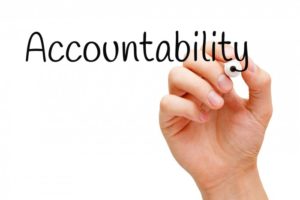
- Set clear and mutually agreed upon expectations with people in regard to both performance and behavior. This reduces confusion, mixed messages, and judgments of non-performance.
- Share information openly and timely to avoid unnecessary surprises. Develop a communications strategy for informing everyone about relevant and current information.
- Surface any conflict directly with the person involved. Focus on ways to avoid conflict in the future. (This is far more effective than avoiding the person, telling everyone about the conflict, or blaming the person as the one who was wrong.)
- Provide encouragement, guidance and other forms of support to individuals who need to make a change but who may not realize the importance, or the process, of doing so. Typically, we either ignore people who are struggling, or we sympathize with their discomfort and let them off the hook.
- Focus on functional roles and processes, rather than position and power, to accomplish outcomes.
- Support the development of people and systems in order to respond to the needs of tomorrow and to avoid reacting only to crisis.
- Monitor and measure the results of each team and individual so that people know exactly where they stand. This is the only way to let people know of their successes and their need for improvement.
- Do not allow people to perform poorly without making it clear that their performance is unacceptable. Skirting the issue only causes people to feel deceived and victimized. No one benefits by carrying a poor performer.
- Follow up on commitments so that people can depend on your words and your consistency. If you are unable to keep a commitment, let people know as soon as you know.
- Let others know the care, appreciation, and compassion you feel, instead of holding back. Honor their humanity as well as your own. When all is said and done, we are FIRST human beings with fears, needs and imperfections, and SECOND, employees hired to complete a job.